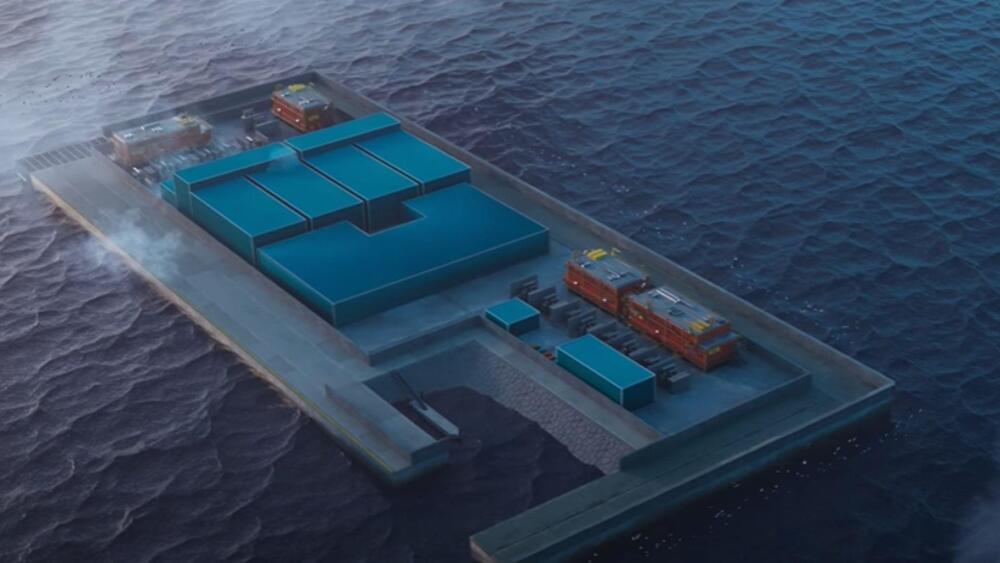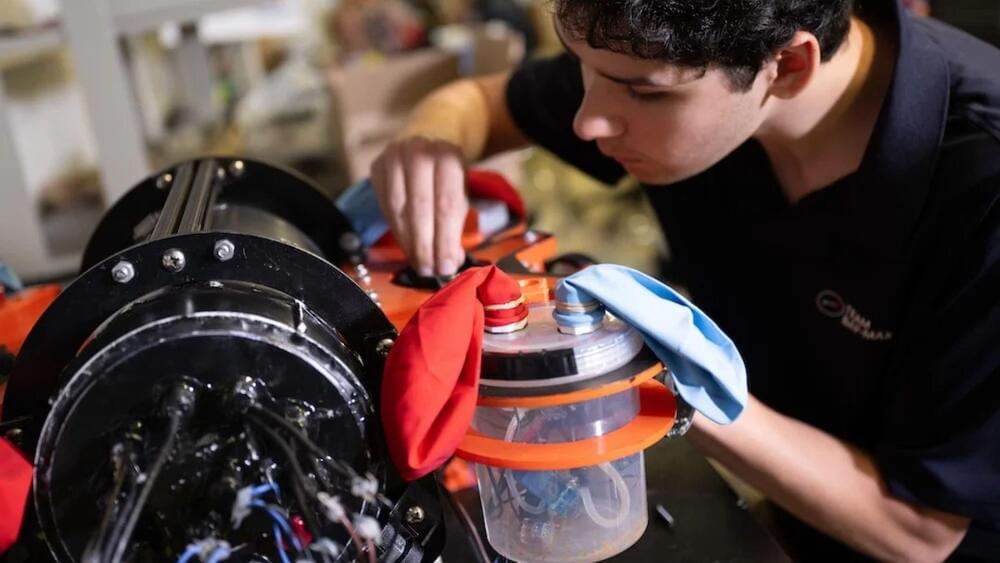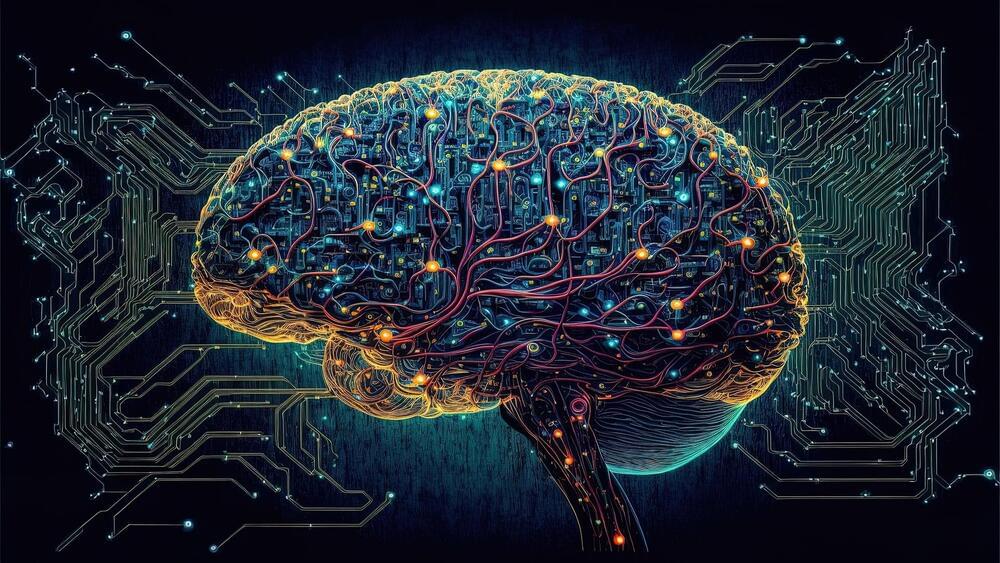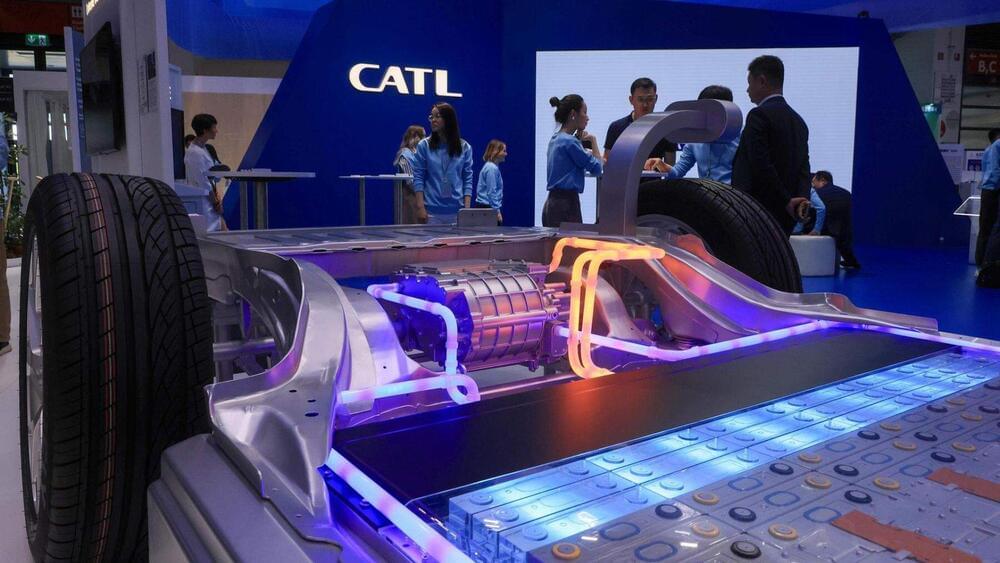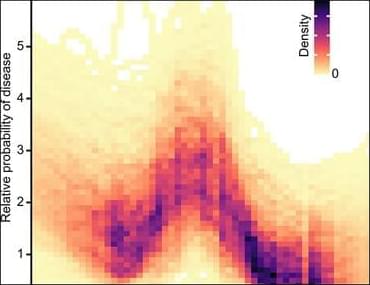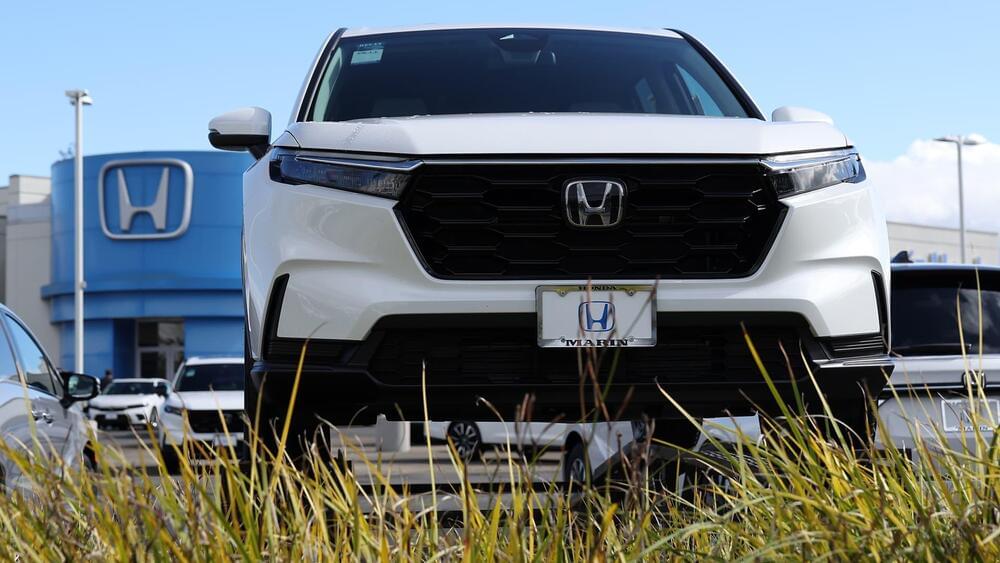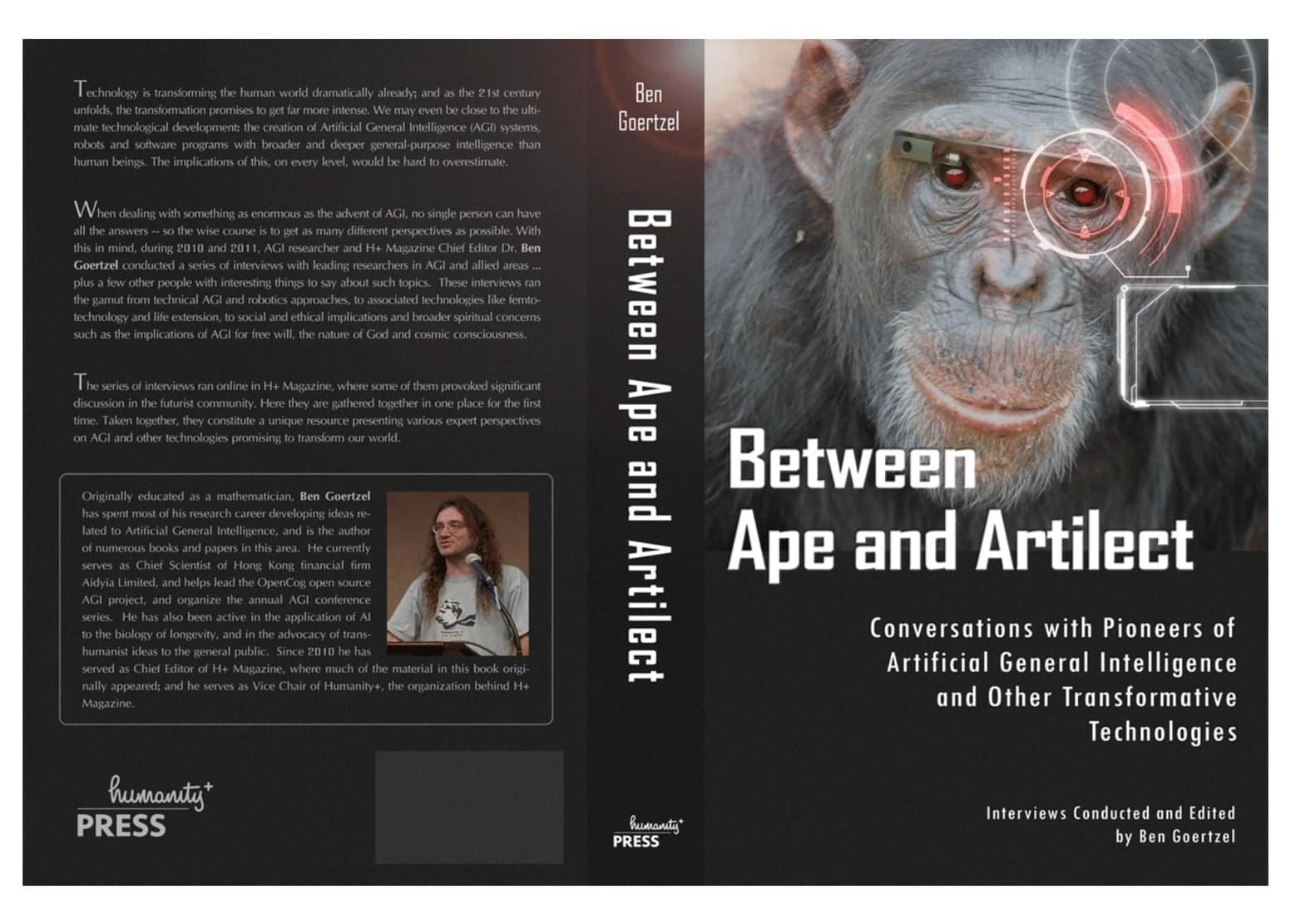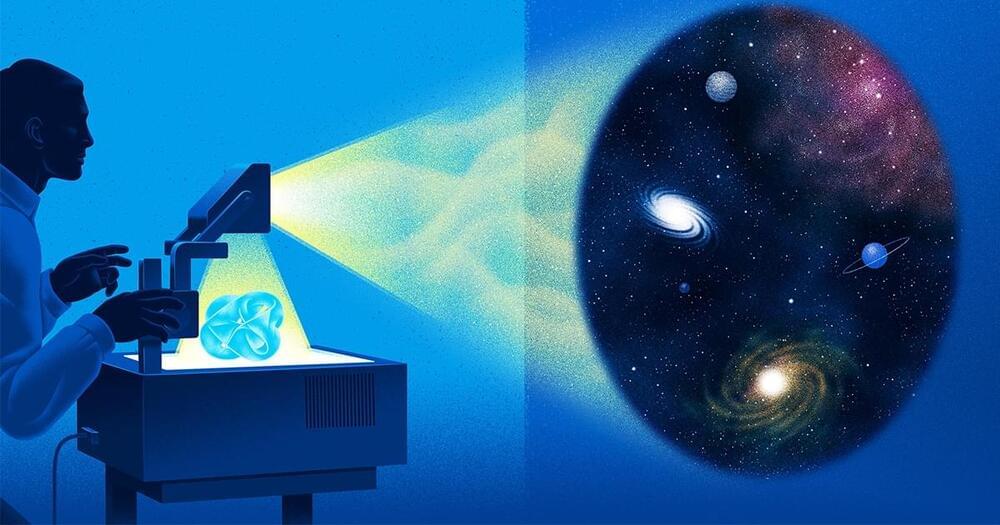
China’s first Sora-level text-to-video large model Vidu was unveiled at the 2024 Zhongguancun Forum in Beijing on Saturday, intensifying the artificial intelligence competition globally.
Vidu, developed by Chinese AI firm Shengshu Technology and Tsinghua University, told China Daily that the model can create a high-definition video 16 seconds long and 1080p resolution in just one click.
The company said that it is China’s first inaugural video large model with extended duration, exceptional consistency, and dynamic capabilities and is “very close to” the level of Sora.
